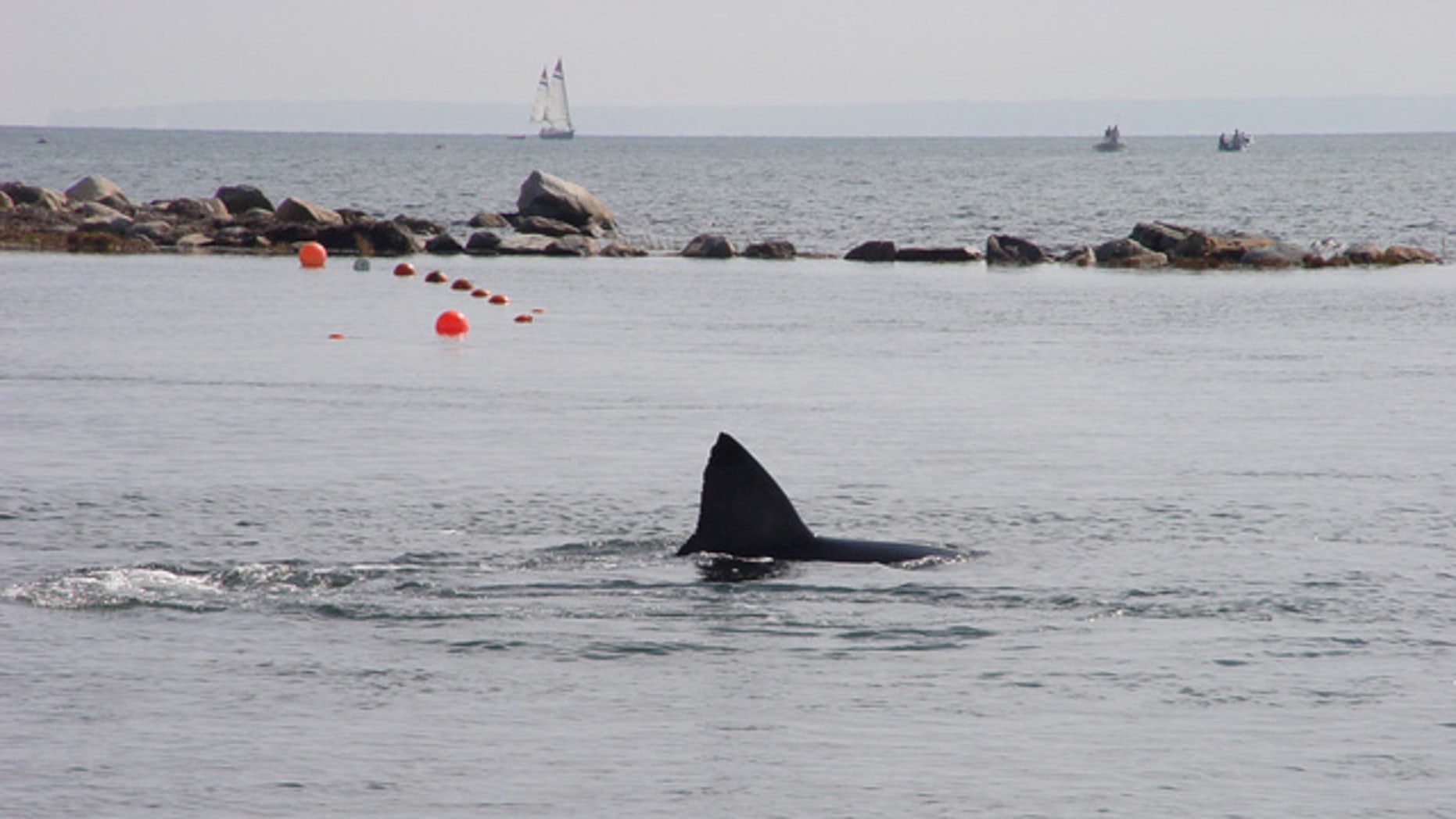According to the team of shark experts who are carrying out the study, the reason that they won't be able to implement any new strategies until after summer is because this study requires a long, measured out process that has to get approval by multiple committees. Their study will mostly consist of plans such as shark nets/barriers along beaches, shark-detecting sonar buoys, and smart drum-lining. These are strategies that they hope will prevent these sharks from coming close to shore and attacking swimmers in the first place.
Along with posting warning signs, officials on the Cape have focused more toward taking extra precautions in the event that an attack occurs. They hope to make the waters safer for swimmers by analyzing where Great White Sharks attack most often. Their methods consist of the following.
-Improving communications at beaches by installing emergency call boxes
-Expanded lifeguard presence across the beaches
-Increasing the number of emergency medical technicians at the beaches
-Continuing public education and outreach
-Providing first-aid training to the public and staff
-Reducing emergency response times for paramedics
Some people may feel that these strategies will be ineffective because rather than prevent shark attacks from happening, they only help us prepare for how to respond in the event of an attack. Tourists who visit the Cape this summer will begin to wonder, if these experts can't find a way to keep us safe from shark attacks, are they really doing everything they can?
-Improving communications at beaches by installing emergency call boxes
-Expanded lifeguard presence across the beaches
-Increasing the number of emergency medical technicians at the beaches
-Continuing public education and outreach
-Providing first-aid training to the public and staff
-Reducing emergency response times for paramedics
Some people may feel that these strategies will be ineffective because rather than prevent shark attacks from happening, they only help us prepare for how to respond in the event of an attack. Tourists who visit the Cape this summer will begin to wonder, if these experts can't find a way to keep us safe from shark attacks, are they really doing everything they can?
One thing that the public needs to understand is that we can't always be 100% effective with everything they do. To make something fully effective, it requires time, patience, and a long, well thought out process. One of the main reasons why these strategies are going to take a longer time for shark researchers and experts to implement is because of costs. Researchers from Woods Hole have considered the usage of aerial drones and spotter planes to track where sharks are moving along the coast, something that will cost at least several hundred thousand dollars to use. Even the Town Manager of Wellfleet made a statement saying, "I can completely understand those who think these efforts are moving too slowly, But when it's public safety and a proposal to spend millions of dollars, the town needs to make sure it's done right." And that's the case for everyone that wants to make a proposition or change to a community. It has to be reviewed, analyzed, and approved by politicians, because they have the final decision in whether or not it gets passed. In the meantime, all we can do is take precautions for what to do in the rare event that we come into contact with these predatorily creatures. Yes, it may not be 100% effective in preventing another attack, I can guarantee it will prevent another fatality from an attack. And that should be our number one priority when it comes to dealing with these situations.


No comments:
Post a Comment